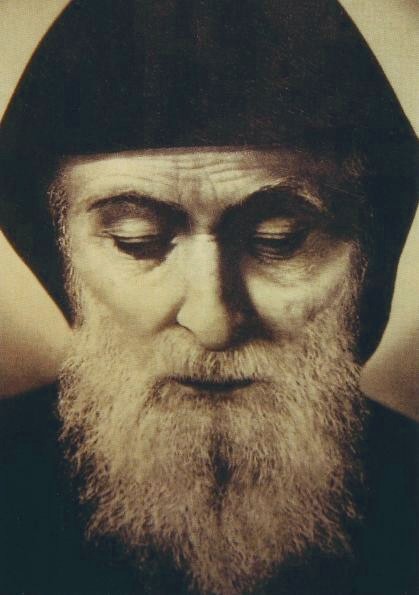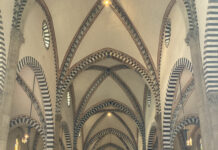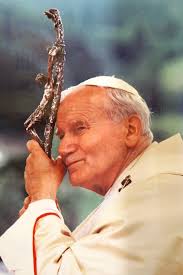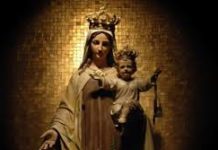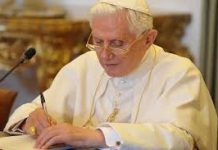The Muslims know how to pick their days. But, then, so does God. As mentioned a few days ago, for the first time in nearly a century, the ancient church of Hagia Sophia, one of the glories of Christendom, constructed ad maiorem Dei gloriam in the 6th century under Emperor Justininan, is once again echoing with Islamic prayers to Allah. Conquered and pillaged by the army of Mehmet II on May 29th, 1453, with the murder, rape, and enslavement of untold thousands of Christians, the basilica was used as a mosque for centuries – until being converted into a museum under Kemal Ataturk, in his attempt to bring Turkey (the former Ottoman Empire) into the modern, secular era.
Recip Erdogan is not so secular – far from it, but sees himself as a modern invigorator of the Ottoman conquering spirit – and that zeal is a religious one. Hence, the cries to prayer, and to jihad, of one form or another. He has invited the Pope to visit the new ‘mosque’, which, from a certain point of view, is like asking the Vicar of Christ to grovel at his feet. What is he to do, and what will he do?
God has His ways, often quiet, for this day is also the memorial of Saint Charbel Maklouf (+1898), an ascetic, chaste, humble example of monastic sanctity, who spent his life as a priest-hermit in a monastery in Lebanon, hidden from the world, praying and sacrificing for the world and for souls. Saint Charbel’s life was completely devoted to God from his early youth, fruitful far beyond what our limited senses can tell us, the ‘hundred fold’ of which Christ speaks in today’s Gospel.
Charbel died on Christmas Eve, two years before the turn of a century that would see the world change dramatically. His body was found incorrupt months afterward, and decades after that (his tomb was last opened in 1955) miracles, especially at his tomb, have never stopped, for regardless of how much happens, good and bad, the Cross – the truth and love – of Christ stand forever.
Saint Charbel was known for bringing peace between Muslims and Christians. The two religions may be incompatible, but individual persons may find, and have found, common ground of co-existence.
Yet this is also the vigil of Saint James, the greater, known for his help in the defence of Christendom, and his intercession on behalf of the Catholic Crusaders. As the saying goes, si vis pacem, para bellum – if you want peace, prepare for war. Cathedrals and churches burning, statues beheaded and defaced; things aren’t all that pretty out there.
But our battle is not primarily of this world, as Saint Paul warns: For we are not contending against flesh and blood, but against the principalities, against the powers, against the world rulers of this present darkness, against the spiritual hosts of wickedness in the heavenly places. (Eph 6:12)
Hence, peace also arrives, and arrives more assuredly, by prayer, with a life offered up to God in reparation, by prayer and repentance, the whole notion of metanoia discussed yesterday with the Magdalene. For one truly converted soul can in turn convert the world – and restore Hagia Sophia – whose only purpose was and is as a Catholic church – once again to the true, revealed religion, the worship of Holy Wisdom Himself.
Saint Charbel Maklouf, ora pro nobis!

